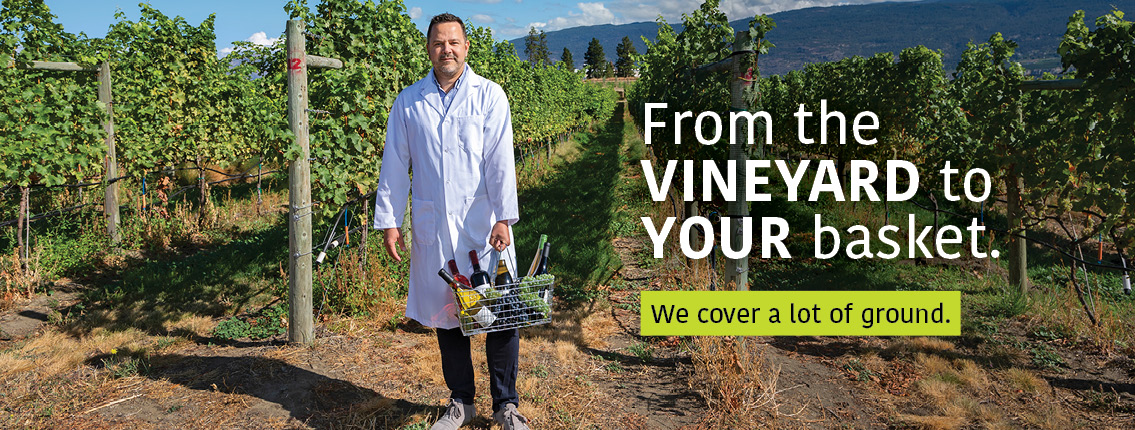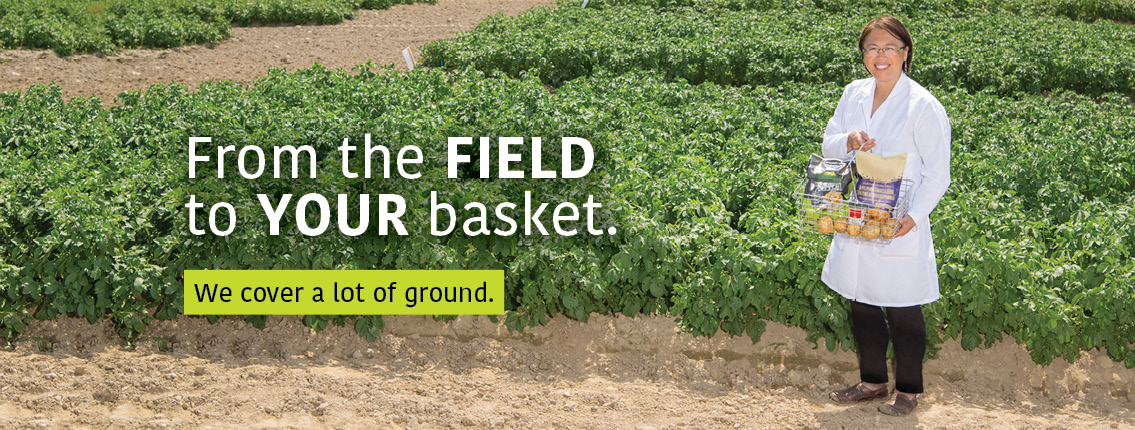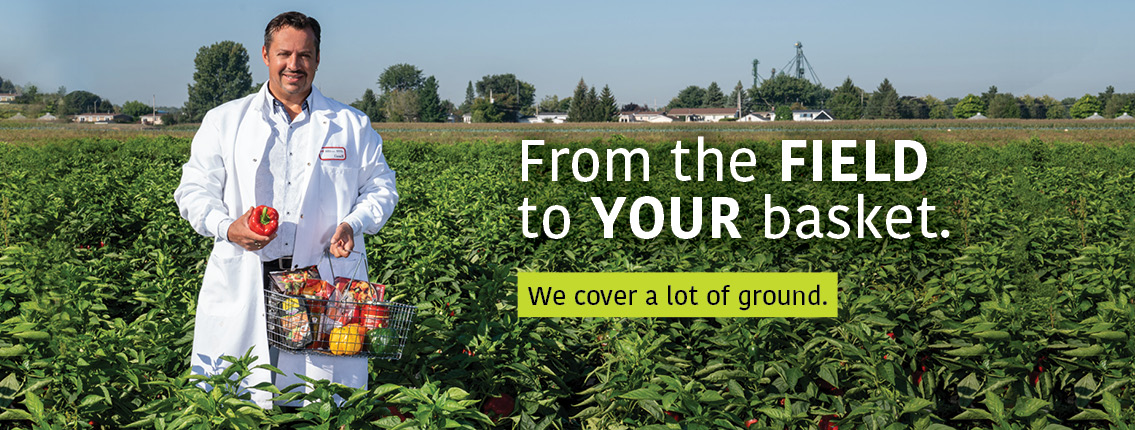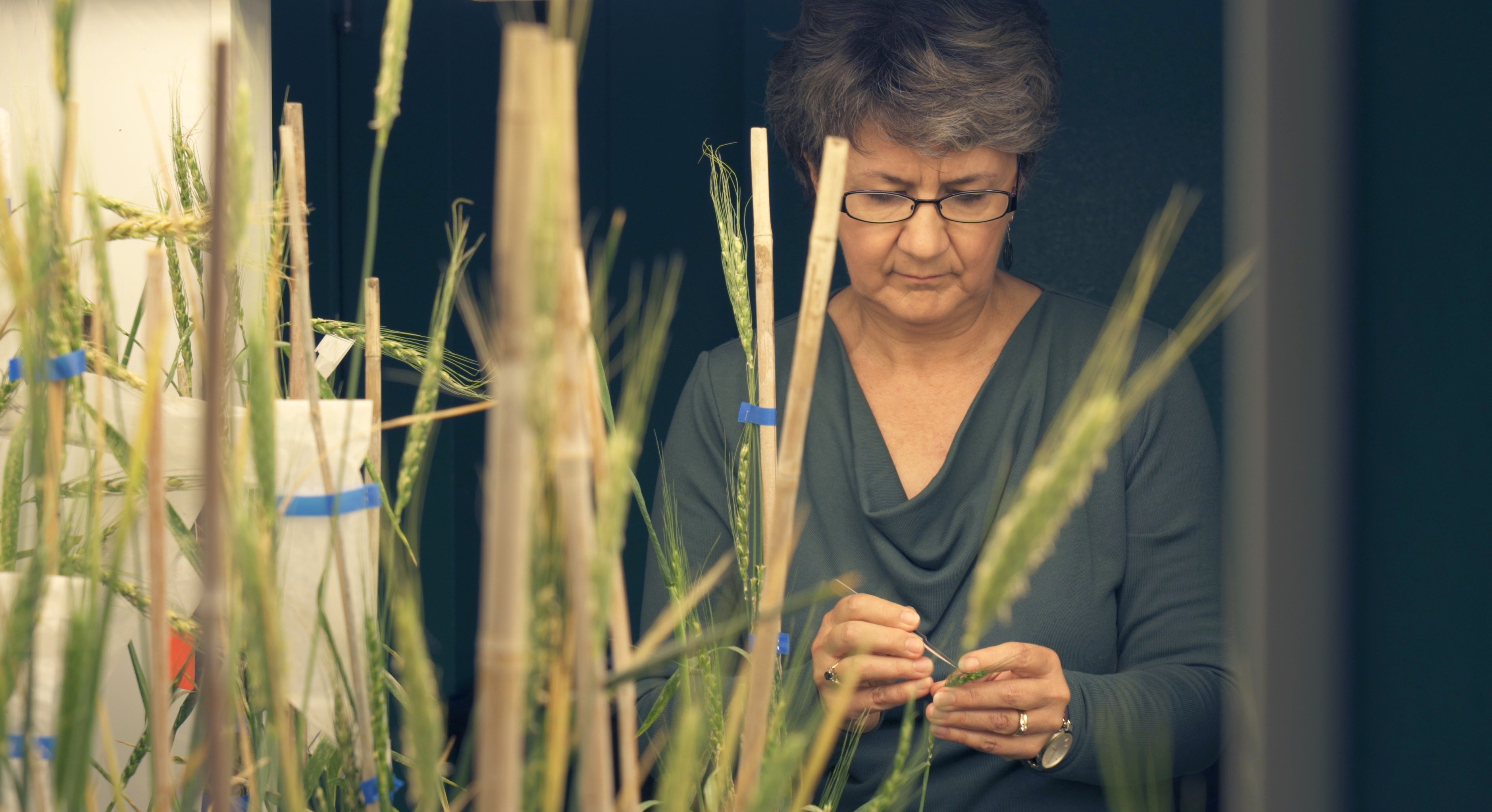Welcome to our Fields of Science page— where you will learn about Agriculture and Agri-Food Canada's (AAFC) scientists and how they make sure the food you eat is safe, high quality, and produced in sustainable ways.
Meet our scientists
Learn why they are passionate about their research.
 Dr. Claudia Goyer
Dr. Claudia GoyerResearch Scientist
Molecular Bacteriologist
Fredericton,
New Brunswick
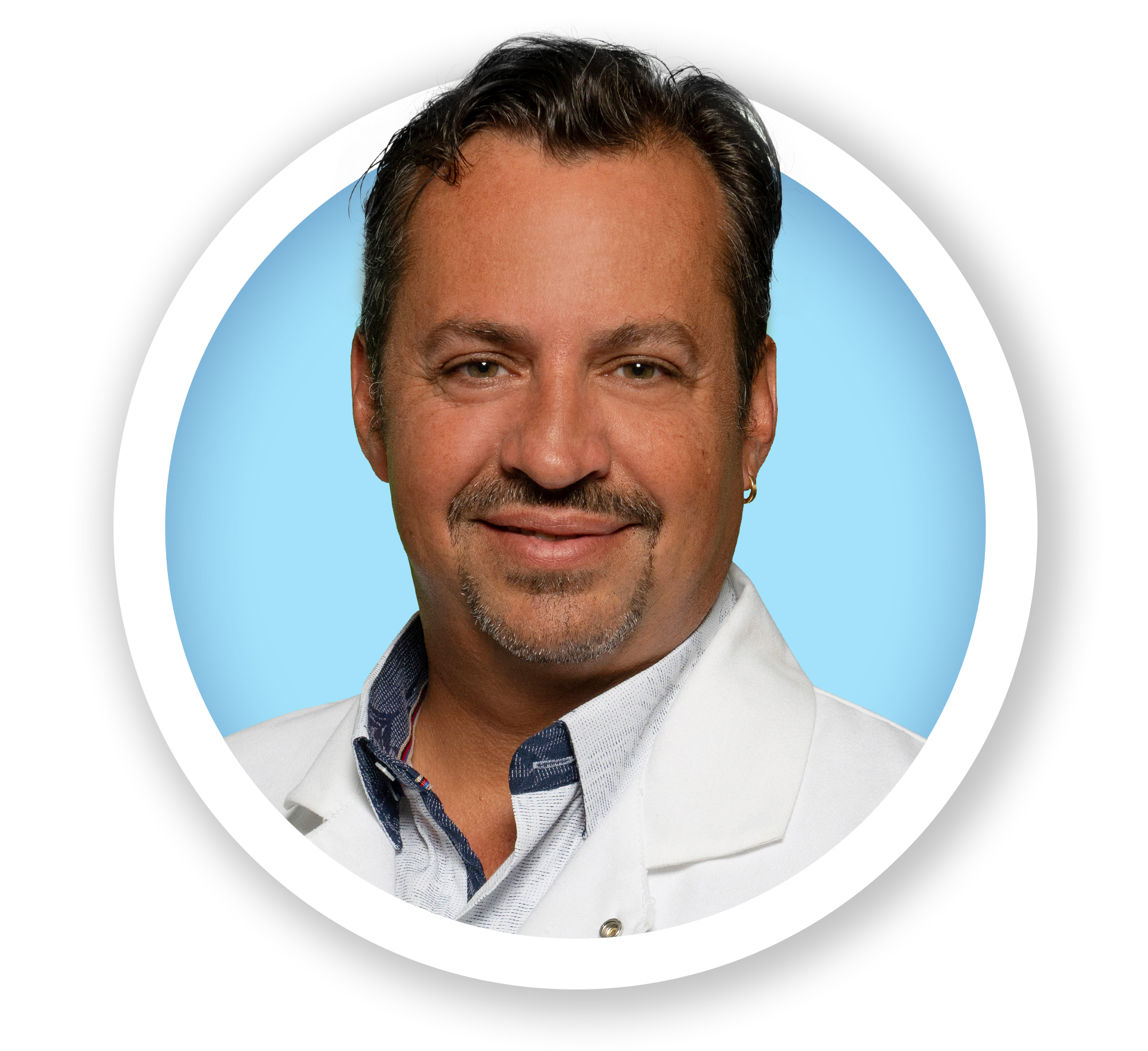 Dr. Tony Savard
Dr. Tony SavardResearch Scientist
Food Microbiologist
Saint-Hyacinthe, Quebec
 Dr. Sylvie Cloutier
Dr. Sylvie CloutierResearch Scientist
Molecular Geneticist
Ottawa, Ontario
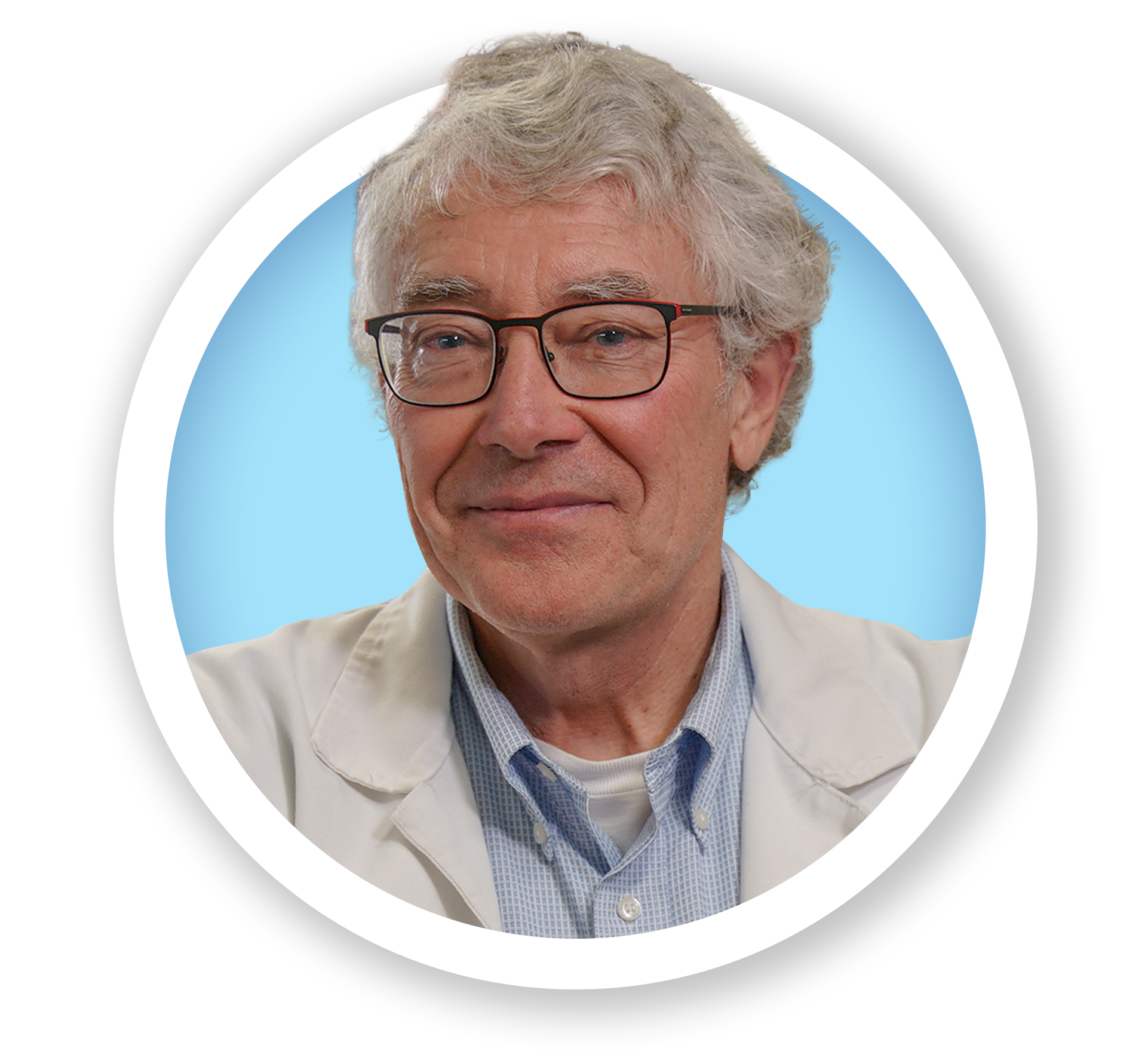
Research Scientist
System Analysis - Precision Nutrition and Modelling
Sherbrooke, Quebec
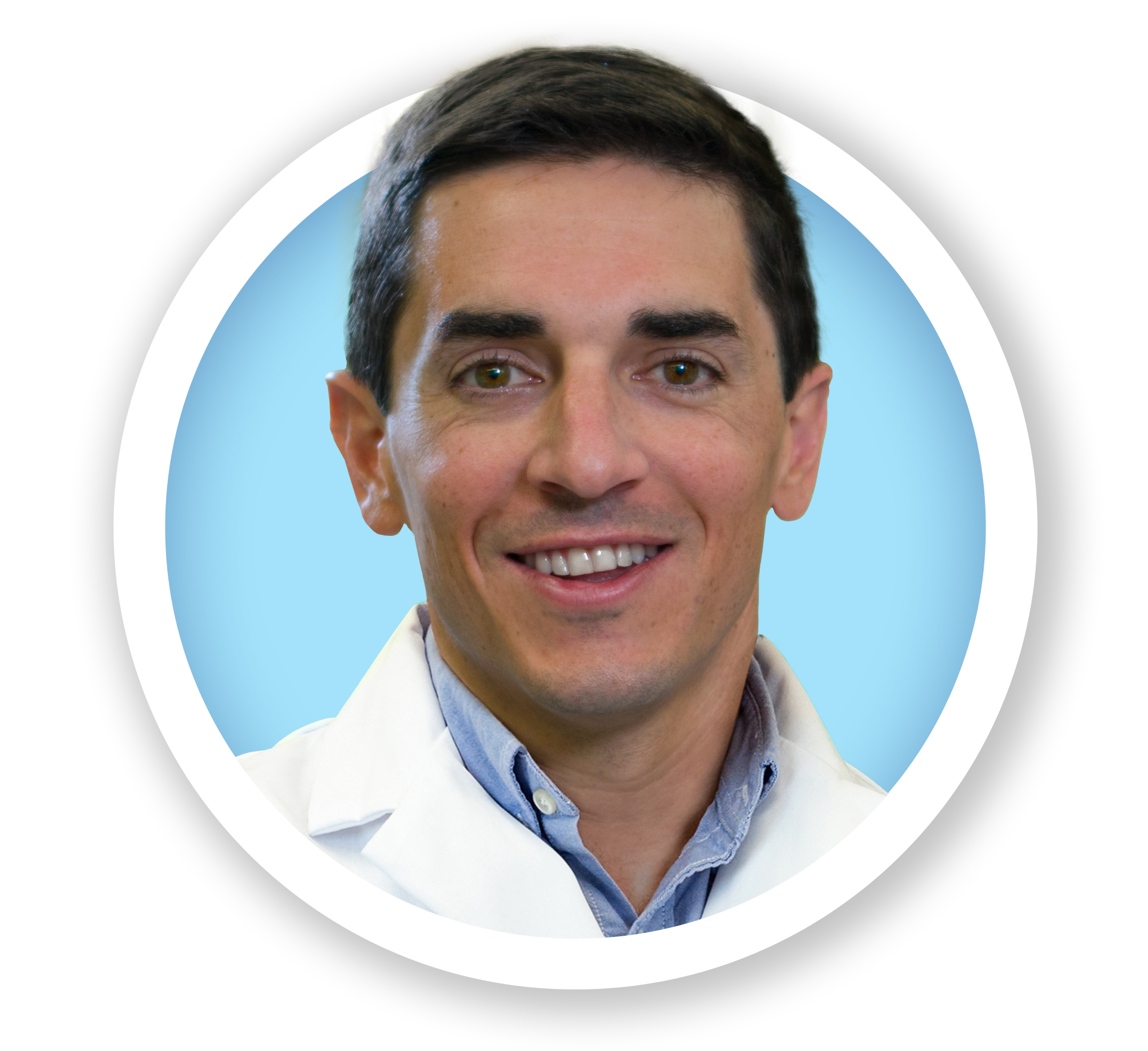
Research Scientist
Protein Biochemist
London, Ontario

Research Scientist
Remote Sensing Specialist
Ottawa, Ontario

Research Scientist
Ruminant Nutrition
Lethbridge, Alberta

Research Scientist
Food and Environmental Virology
Saint-Hyacinthe, Quebec

Research Scientist
Postharvest Physiology
Kentville, Nova Scotia

Research Scientist
Plant Genetics and Genomics
Fredericton,
New Brunswick
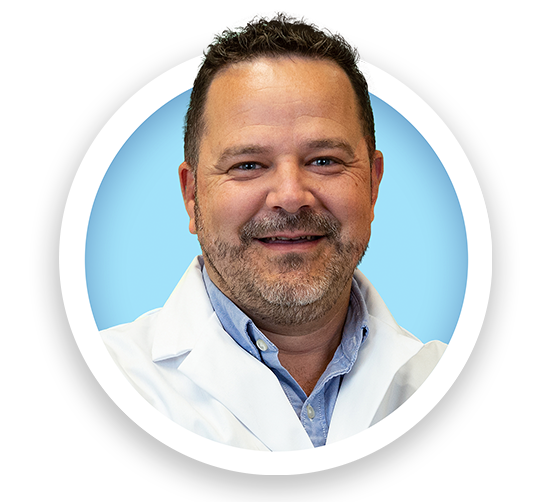
Research Scientist
Plant Pathology
Summerland,
British Columbia
Test your agri-knowledge

Answer
Answer: True.
AAFC works with industry leaders, academics, international organizations, provincial and territorial governments, and more. Using agricultural research and innovation, we support the growth and development of Canada's agricultural sector and create better opportunities for farmers and Canadians.

Answer
Answer: True.
Canola, one of Canada's largest crops, was developed by Canadian scientists in the 1960s. Today, Canada is the number one canola-producing and exporting country in the world. We produce approximately 20 million tonnes of canola yearly, of which more than half is exported worldwide.

Answer
Answer: True
Phoma macrostoma is fungus that can be used as a bioherbicide— a natural weed killer. It is absorbed into the soil, enters weed roots, and infects the plant, which turns white and dies. The fungus doesn't affect your grass and because it occurs naturally, it poses less risk to animals, plants, and the environment.

Answer
Answer: C
Pulses cannot cure food intolerances and sensitivities, but they can provide more food options for those with food intolerances and gluten sensitivities. Pulse ingredients can be used in foods Canadians already eat, such as bread. Breads containing pulses have slower digestible starch. Slowly digestible starch improves gut health, the absorption of glucose, and helps stabilize blood sugar levels.
More quiz questions

Answer
Answer: B
There are 20 research and development centres across Canada. AAFC scientists and researchers across the country work on projects to benefit Canadian farmers, industry, and Canadians. We also maintain biological collections and resources, such as the Canadian National Collection of Insects, Arachnids and Nematodes. Check out our research centres and collections.

Answer
Answer: D
AAFC research scientists have worked on many projects to benefit Canadian farmers, industry, and Canadians. These are just a small number of them. All this research drives innovation in Canada's agriculture and agri-food sector.

Answer
Answer: True
Yes, both your fries and your fork can be made from potatoes! Biodegradable plastics made from potato starches decompose in approximately two months.
More agriculture and agri-food science
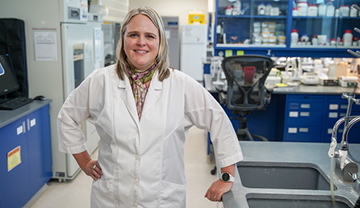
Find out how scientists are using new technology to study soil DNA to help farmers grow the best food for you.
Note: All footage and images were gathered prior to the Government of Canada's physical distancing guidelines. Canadians are encouraged to continue to follow COVID-19 safety guidelines.
Science bites
Our scientists at Agriculture and Agri-Food Canada are outstanding in their fields
What do they do?
Their goal is simple— making sure the foods you eat are safe, high quality, and produced in sustainable ways.
Dr. Julie Brassard: Research Scientist, Food and Environmental Virology (Saint-Hyacinthe, Quebec)
Dr. José Ramón Úrbez-Torres: Research Scientist, Plant Pathology (Summerland, British Columbia)
Dr. Helen Tai: Research Scientist, Plant Genetics and Genomics (Fredericton, New Brunswick)
They conduct about half of all agriculture related research in Canada.
They work at 20 research centres across the country.
They use climate-controlled growth chambers, facilities for insect production, weather-monitoring stations, biology labs and even a small winery.
They help farmers improve and protect their crops and produce food for Canadians in an environmentally friendly way.
A taste of our science
Our scientists work to ensure food products are safe, high quality, and produced in sustainable ways. Here are four agricultural scientists you may find at our research centres and how they work for you.
Dr. Julie Brassard – Saint-Hyacinthe, Quebec
Food and Environmental Virologist:
From farm to table, Dr. Brassard studies how viruses travel between humans, animals and the environment and develops strategies to stop their spread.
Dr. José Ramón Úrbez-Torres – Summerland, British Columbia
Plant Pathologist:
Healthy plants produce more food. Dr. Úrbez-Torres studies the causes of plant diseases and how to fight them so we can have high-quality, safe to eat crops.
Dr. Heather McNairn – Ottawa, Ontario
Remote Sensing Specialist:
Understanding plant environments will help to grow better crops. Dr. McNairn uses satellite images to monitor crops and their soil conditions.
Dr. Sylvie Cloutier – Ottawa, Ontario
Molecular Geneticist:
Good food starts at the microscopic level. Dr. Cloutier creates smarter crops by identifying which genes help plants adapt to climate change.
